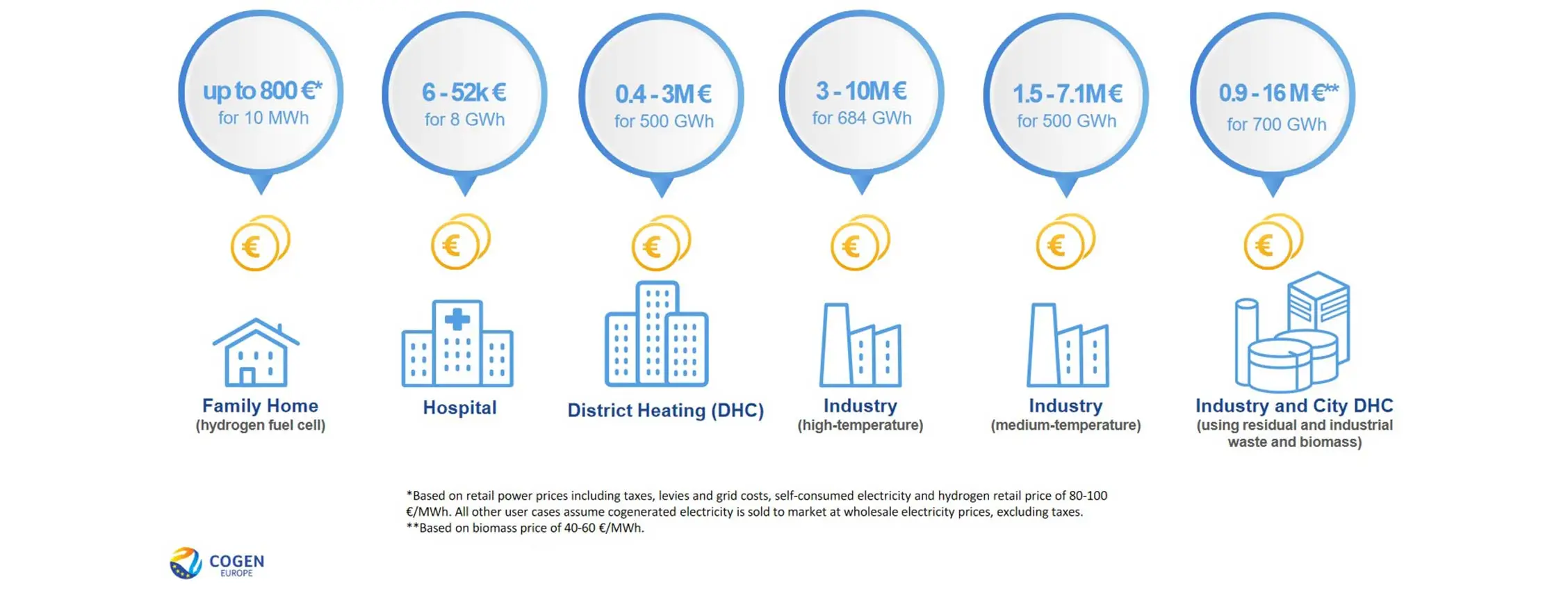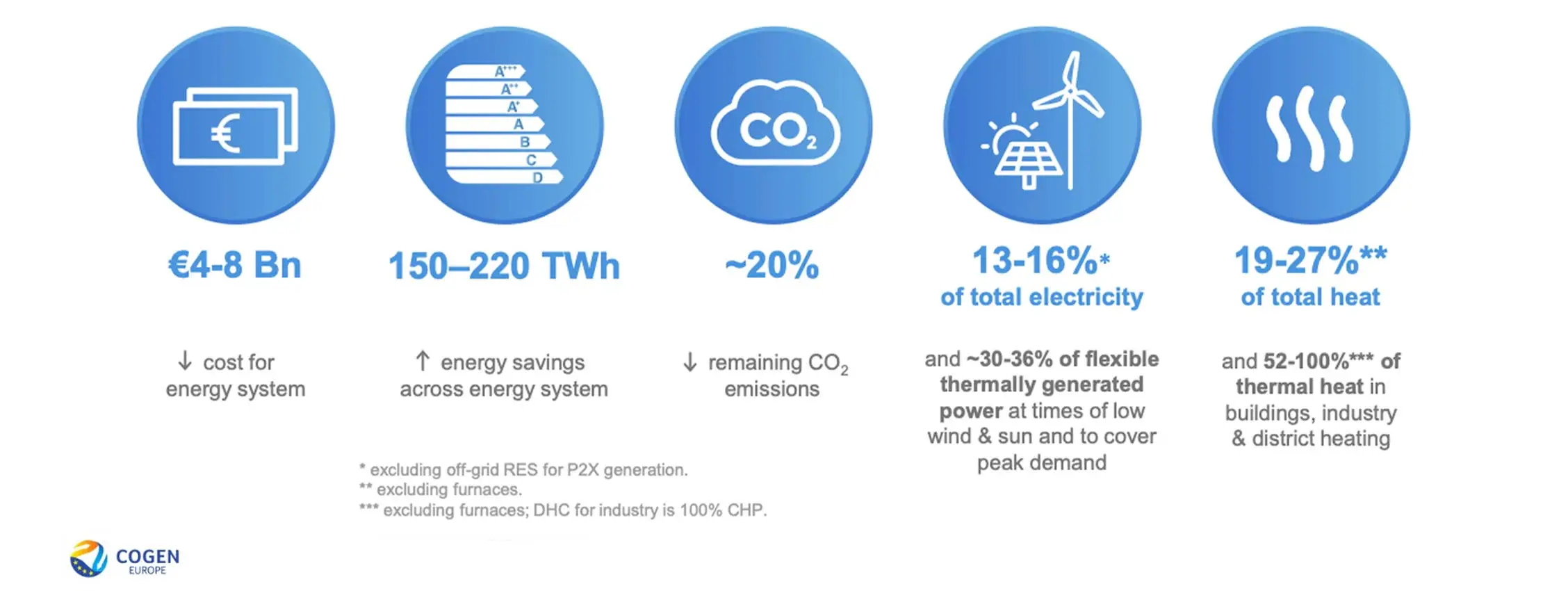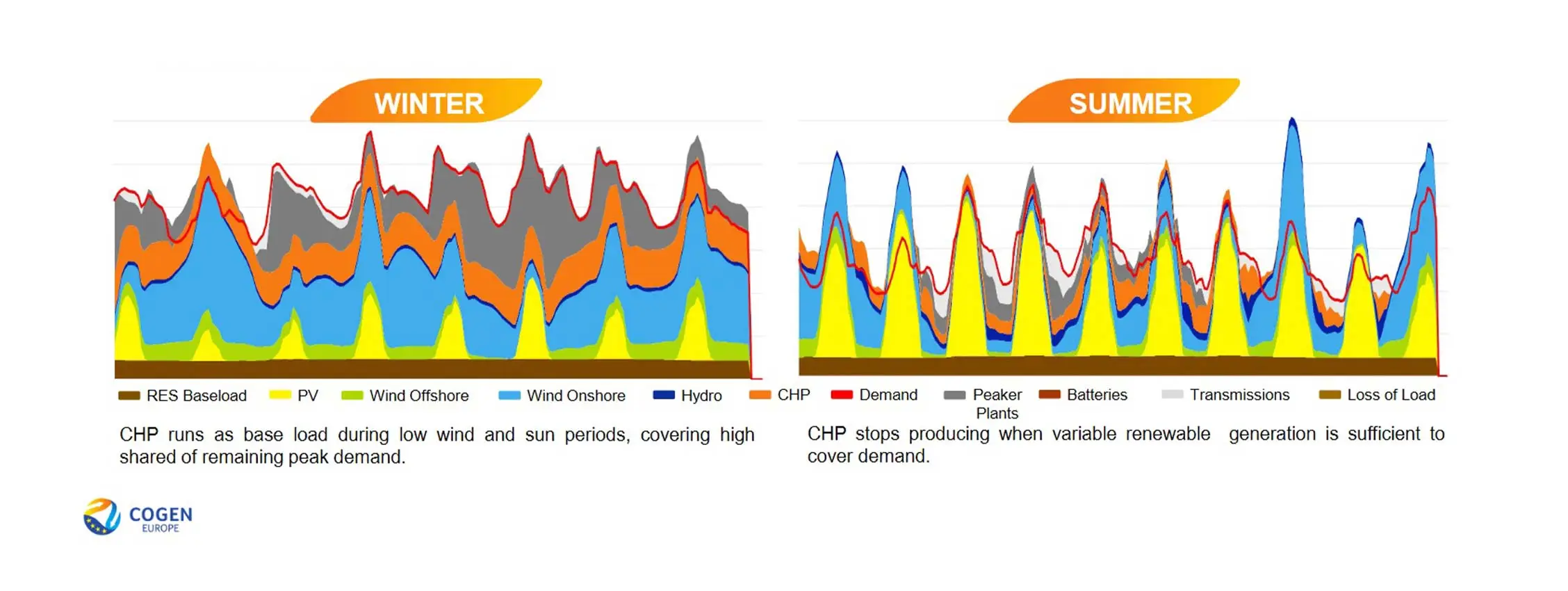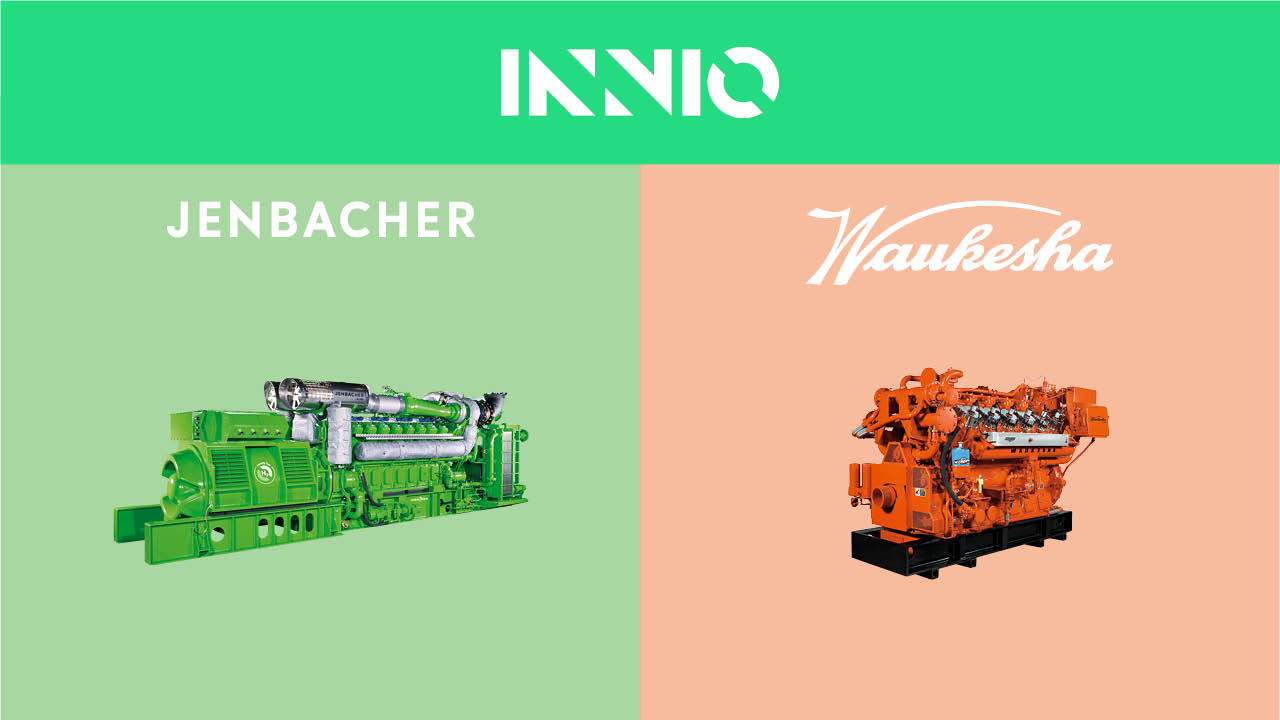Energy efficiency has proven to be an effective solution for curbing carbon emissions from fossil fuels. But what if we imagined a future energy system without fossil fuels, will it still make sense to invest in energy efficiency or will it be sufficient to develop enough renewable energy to cover demand?

A recent COGEN Europe study, conducted by consultancy Artelys, underscores the importance of energy efficiency for a cost-effective energy transition. Using renewable fuels in the most efficient way will bring significant energy and cost savings by 2050. For example, between 150TWh and 220TWh of energy can be saved annually in Europe if higher investments are made towards energy efficient solutions such as combined heat and power (CHP). That is 2.5 times the annual electricity consumption of Belgium according to 2019 International Energy Agency statistics. The energy and carbon reduced by cogeneration will translate into net savings of 4 to 8 billion euro per year for the European energy system.
Cost Savings for CHP Users

Europe will also need to find carbon-neutral and cost-effective solutions for industrial sectors which will prove hard to electrify such as petrochemicals, ceramics, pulp and paper and aluminum. Taking as an example, in Poland, a business with a demand for medium to high-temperature heat of 500GWh can save more than 7 million Euro per year by opting for CHP.
This study highlights the benefits of cogeneration in Europe under different 2050 carbon neutral pathways, at both user and system levels, across different geographies and in all sectors. The study shows that a refined modelling of electricity-heat interlinkages is essential to assess the cost-effective potential for CHPs, in the context of the EU Green Deal in highly decarbonised contexts.”
Christopher Andrey, Projects Director at Artelys.
CHP's benefits in 2050 at a glance

Integrating different energy systems will be a cornerstone of Europe’s energy transition to keep costs down. As the share of wind and solar power continues to grow in an increasingly electrified energy system over the next decades, Europe must ensure there is enough electricity in the system to meet demand at all times. As a consequence, the need for flexible and reliable storage and generation in times of low wind and sun will grow.

CHP is critical for a highly renewable and electrified system as it is both flexible and dispatchable. As demonstrated by the study, CHP can efficiently use renewable or decarbonized fuels such as hydrogen to quickly ramp power production up and down to complement the availability of wind and sun. The key word is complementing, not competing. Bringing together the electricity, heat and gas grids via CHP can be the backbone of an integrated system, providing zero-carbon energy for a successful energy transition in all sectors of the economy.
The Artelys study concludes that the efficient use of energy sources will be important towards and in a decarbonized Europe. CHP allows Europe to do more with less. It can cost-effectively cover close to a third of total heat, and 50% to even 100% of all non-electrifiable heat depending on the sector. Maximizing Europe’s energy efficiency potential and use will help shape a sustainable energy system for the future, benefiting both the European society and economy by providing clean and affordable energy at all times.
Watch following webinar by COGEN Europe
To discover why cogeneration is a primary enabler to achieve carbon neutrality in Europe by 2050.
To use Youtube, please give your consent to the creation of cookies used by this service.

More information on COGEN Europe: